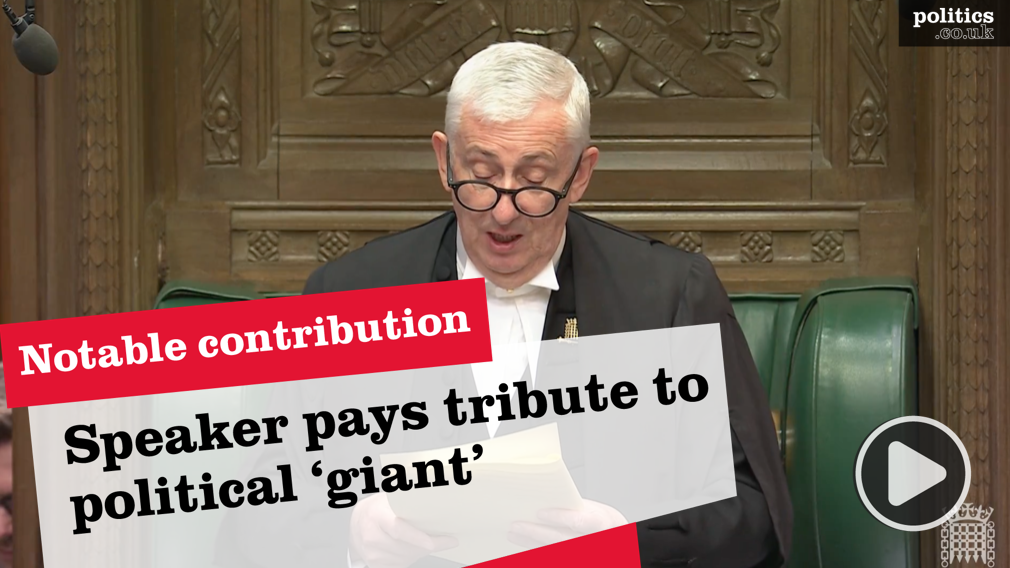MDU warns Chancellor clinical negligence system ‘not fit for purpose’
Ahead of Wednesday’s Budget, the Medical Defence Union (MDU) has issued an open letter to the Chancellor of the Exchequer urging her to take decisive action to tackle the soaring legal costs of clinical negligence claims.
In the last year alone, the NHS spent more than £800 million on legal fees relating to clinical negligence claims, with £620 million paid to claimant lawyers. The legal fees for lower-value claims were almost four times higher than the compensation awarded (1), underlining how the system is increasingly disproportionate and unsustainable.
The MDU’s letter stresses the need to introduce Fixed Recoverable Costs (FRC) for lower-value claims, a long-promised measure that could save upwards of £50 million a year (2). Although the scheme was due to be implemented in April 2024, it has been stalled due to ‘outstanding issues’ and has seen no progress since.
Giving evidence to the Public Accounts Committee last week, the Department of Health and Social Care confirmed that further plans around how they tackle clinical negligence costs rest on the findings of David Lock KC’s review, completed over the summer and currently with Ministers. The MDU has called on the Government to publish the recommendations of the review in full.
Dr Matthew Lee, CEO of the MDU said: “The MDU has been sounding the alarm bell on the cost of clinical negligence for years, particularly around rising legal costs. We’ve written to the Chancellor because the Budget offers a real opportunity for this Government to take decisive action and halt the eye-watering sums the NHS is paying out in legal fees.
“Those harmed by negligence must receive appropriate compensation, however it cannot be right for legal costs to far outweigh these awards. Action needs to be taken to keep this money within the NHS to support patient care and frontline services, which is what the UK taxpayer expects.”
The MDU is also calling on the Government to amend Section 2(4) of the Law Reform (Personal Injuries) Act 1948, which requires courts to calculate compensation based on private healthcare costs rather than NHS provision. If claimants then choose to receive restorative treatment on the NHS, it can result in the health service effectively paying twice.
Dr Matthew Lee added: “Our view is simple – this is a historic anomaly that must be addressed. As it stands, the NHS risks paying twice in some cases: once to settle claims, and again if the claimant seeks remedial treatment via the NHS.











